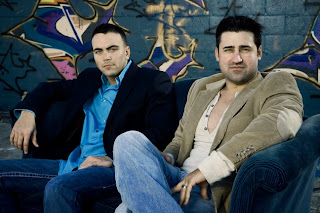Back in the old days, an unknown recording artist would look for a record deal the old fashioned way, by making a name for himself through shows and networking. If the artist got lucky, an A&R from a record label would be in the crowd at the artists show, and hopefully the artist is good enough to grab the talent scout’s attention. Once this happened, the artist would get the coveted record deal they sought after for a very long time, and enter into an agreement with a publisher, who usually takes 50% of royalties.
Well 50% is a lot of money to take, and thanks to digital technology and computers, you as an artist no longer have to give up that 50% to a publisher, you can publish your work all on your own! If you go with digital distribution, you can save yourself the publisher costs plus cost of producing a physical CD (who uses those anymore?).
With free marketing tools such as YouTube, Myspace Music, Soundcloud, etc, an artist has plenty of powerful tools at their disposal to do their own promotion and marketing. The distribution can be taken care of by joining a digital distribution company, such as Catapult, your music will be distributed to hundreds of online music stores around the globe. This makes it super easy for as an artist to promote and market your own material, and also easy for your fans to locate and purchase your music.
There are lots of new ways coming around the bend that is changing the way new talent is found and distributed to everyone in the world. With all of today’s technology, the music industry needs to adapt with how people are finding talent and buying music. Even publishing models are changing, “For example, Londoner David Courtier-Dutton, a former financer and real-estate developer, rolled out Slice the Pie, a firm with a model of transforming the music publishing business into a stock exchange for unsigned acts. By allowing unsigned acts to raise money from fans to record an album, Slice the Pie helps bands to essentially raise public money from “investors” within the Slice the Pie exchange market.” Bayley (2011).
Reference:
Patricia Bayley, 2011. The Future of Music Publishing. www.ime.edu. Retrieved on April 17, 2011 from:
http://www.ime.edu/Portals/41606/docs/futureofmusicpublishing.pdf






